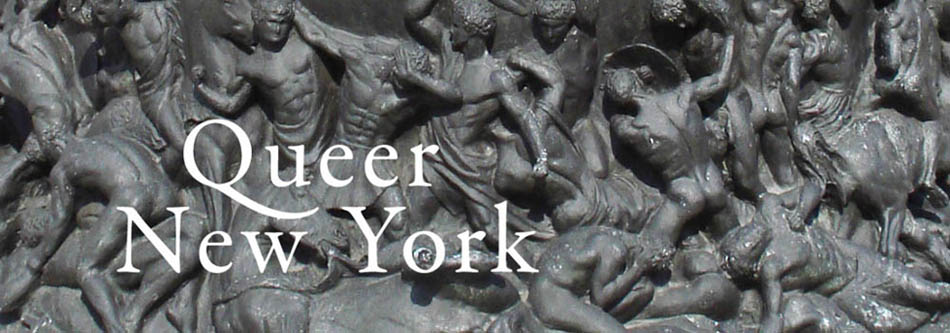Posted by Mondschein
When I heard that the tale of Guido Contini was coming back to film, I was excited. Having seen the revival of Nine on Broadway in 2003 (even with the replacement cast), I had high hopes. With Rob Marshall at the helm, following his great success with "Chicago" in 2002, the potential was great.
Casting announcements were also pretty exciting - - Penelope Cruz, Nicole Kidman, Judi Dench, Marion Cotillard, Kate Hudson, Sophia Loren, even Fergie - - quite a starry production. I was skepticalat first when Daniel Day-Lewis was announced as Guido, but knowing his work in such a wide variety of characters, I thought he would be a pleasant surprise.
Then I went to see it last weekend.
(Spoiler alert)
Mr. Marshall has once again proven that there is not a formula for creating a successful movie (or stage, for that matter) musical. Each is unique, and must be approached as such to maximize its potential. Mel Brooks proved it recently with his adaptation of Young Frankenstein forced into the mold of The Producers.
Here, Mr. Marshall has crammed Fellini's story of a man in a mid-life crisis through his "Chicago" mold. The musical numbers are all in Guido's head, instead of Roxie's this time around. Plus, Mr. Marshall has reverted to a proscenium staging for the mounting of the numbers, rather than really making use of the flexibility that film offers. There are some cuts back and forth, both in time and setting of the songs, but it's ultimately his "Chicago" film with music by Maury Yeston. The parallel of "Cell Block Tango" to "Be Italian" was particularly prominent.
Bigger than that, however, was the total misconception of the central character. Guido Contini (now turning 50 instead of 40) seems muddled and unfocused, but it's never really clear why.
I never saw Fellini's "Eight and a Half" on which the stage version was based, but the main issue on stage was a flamboyant, wildly talented and sometimes manic man facing his mortality for the first time as he is about to turn 40. With several critical and popular successes from earlier in his career, Guido's last two films have flopped. He has dived headlong into this new project, without a script or concept, and pulls from all the women in his life (of which there are many) for inspiration.
On screen, Guido is turning 50, to no concern of his, other than he's blocked to finding a new inspiration for his next project. Fellini's film was titled "8 1/2" because that was the number of times he directed a film. Cleverly, Mr. Yeston and Mario Fratti titled the stage version Nine, with Guido remembering himself as a boy about to turn 9, told by his mother that it's time to grow up a little, come out of his shell - a perfect parallel for a man facing and fearing 40. All this is gone from the movie, leaving little motivation other than ego to drive Guido.
Most of the characters return, but some are inexplicably changed, undercutting the power of the source (the stage version). Liliane Le Fleur (Miss Dench) has been rewritten as Guido's costumier and confidante, rather than his producer and mentor. Miss Dench does as much as she can with it, but the simple notion that she's already designing clothes for a movie with no script or story is silly, carried so far as to justify the use of the "Folies Bergere" number.
Kate Hudson's plot line and musical number are new to the story. She's a reporter for Vogue, following Guido for an interview ("Who's your favorite designer?") How do you spell anachronism? Ms Hudson is excellent in her song, however, a runway number with lots of handsome skinny Italian man in skinny Italian suits, but it adds nothing to the film or the plot (other than about 10 minutes).
As Claudia, Guido's muse, Nicole Kidman gets to float in and out on her own terms, appropriately so. Her song, "Unusual Way" is a lovely and tender farewell, pushing Guido away and ending their long professional relationship. Miss Loren is given little to do in a role reduced to a cameo, other than appear pulled from formaldehyde and look glorious.
Penelop Cruz' Carla is obsessive to the point of pitiful. This Carla doesn't seem strong enough to have attracted Guido in the first place. Her number, "A Call From the Vatican" plays, as others have written, like a Victoria's Secret commercial. I was impressed with her music and dance skills, never having really experienced either in her film work. (Come to Broadway, Penelope - revive Irma La Douce if you want to play fallen virtue with a heart of gold.)
Marion Cotillard fares very nicely as Luisa, Guido's put-upon wife. She also gets a new number, played as a strip tease that Guido imagines filming, in which she vents her anger toward him.
Mr. Day-Lewis' Guido just doesn't work for me. He manages the physicality of it, with the whole Euro-skinny look of the early 1960s, but he never showed me the passionate Lothario that is Guido. Guido is caught up in his head, but he's never unaware of his body, let alone any woman's around him. Mr. Day-Lewis looks on occasion, but never leers, missing the passion within.


No comments:
Post a Comment